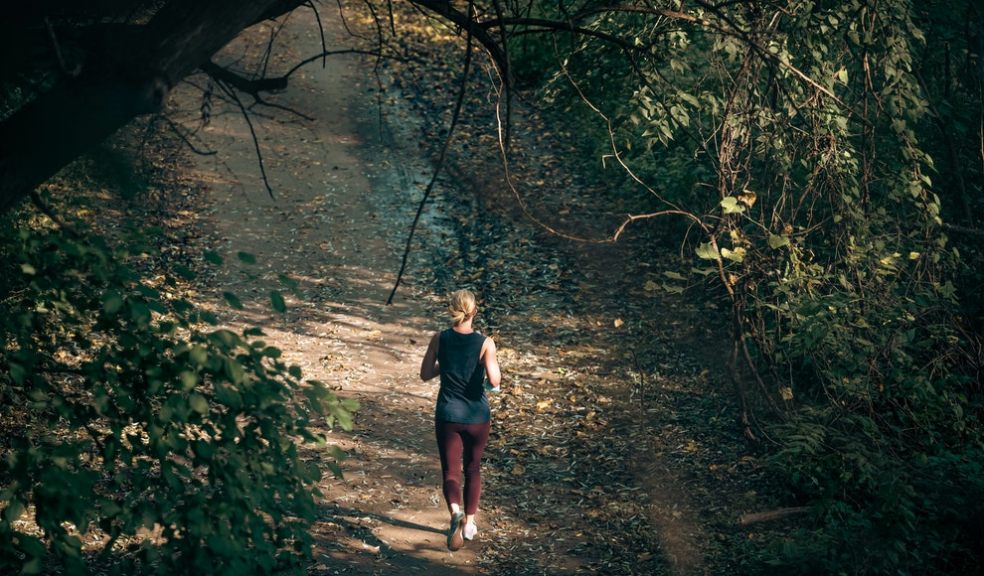
Why time spent in nature is so good for our mental health
You don’t have to be the most well-informed person in the world to know that spending time outside is good for us. Fresh air, exercise, absorbing that all-important vitamin D naturally; take your pick of the benefits. But is there more to simply wandering around in nature than we realise? Might there be less obvious signs that we’re reaping the rewards as we walk the dog?
Theodore Rosak certainly thought so. In his book published in 1992, he coined the phrase ‘ecopsychology’. Beautifully self-explanatory, Rosak used the term to describe the study of the mental health benefits of being in nature. The main premise is that our minds are shaped by the modern-day world – but they have originated in nature. He goes on to argue that we as humans have suffered fundamentally as a result of this disconnect.
American biologist E.O. Wilson would seem to agree with this as he held the view that humans have an innate instinct to connect emotionally with nature.
Is it just about a simple life?
We live in a highly technical age where we have multiple gadgets that make things easier for us – on the surface. From our state-of-the-art communication devices (take your pick from smart phones, iPads, the ubiquitous Alexa) which help our lives meld seamlessly together, to automatic tin openers, everything around us is sophisticated in its design.
There’s no doubt that humans have invested an awful lot of time in making things easy and convenient – but at what cost to our mental health?
Because underneath we are simple creatures, and it’s easy to forget that, we have an instinctive pull to the outdoors whether this is consciously or not. Our bodies need exercise, our lives these days are more sedentary than ever, and through the inception of things like Just Eat, the consumer industry has seen to it that we no longer need even to walk to the corner shop for milk, we can have it dropped directly to our doorstep. Good for time management – bad for health.
The benefits of being in nature have been talked about for centuries, this is nothing new, but it’s only now that we are realising it’s actually a valuable resource to be tapped into for the sake of our mental health as well. And the health professionals in the more remote places in the UK are ahead of us on this one.
GPs in Orkney and Shetland have been actually been prescribing outdoor activities for a range of health conditions: diabetes and heart disease to anxiety and depression due to high blood pressure. Statins have their place, but when used alongside something as natural as just walking they have been proven to be doubly beneficial. It’s a case of medicines helping us to help ourselves.
And you don’t have to be doing dramatic things like running marathons in fields every weekend to get the benefits, quite the opposite.
A study by Exeter University found that spending just two hours per week outside in nature is enough to reap the rewards. Even more interestingly, it doesn’t even have to be two consecutive hours, just the cumulative effect is enough. This roughly equates to twenty minutes a day, so you can work it into your lunchtime routine or just do a longer binge-walk at the weekends, whatever you can manage.
Mental health awareness training can be an essential part of creating and maintaining good mental wellbeing.
Fitting exercise into your lifestyle
This is such a common problem. In today’s demanding world we are constantly at the beck and call of our phones, family, work, children – there’s always something to be done somewhere and squeezing in time for exercise can seem like an impossible stretch.
So rather than getting yourself stressed out about how you can possibly manage to find an hour for the gym, take a step back and re-assess the possibilities.
A quick walk in your lunchtime break? Lots of offices encourage this for their employees, recognising the beneficial effect of spending time outside in nature. If you have a dog then you have an excellent reason to get up an hour earlier and go for a walk/run, or likewise in the evening.
Maybe walking the children to school rather than driving could get your daily steps up. Or if daily exercise is going to prove a stretch, then joining something like Parkrun at the weekends is a good way to get yourself out and about.
Make yourself accountable, buy a fitness tracker that counts your steps so you feel like you’ve achieved something, even if it is only a few minutes, get out and about with friends. Organising a group activity will make you less likely to cancel if the black clouds come swarming.
The best bit
Going to the GP and being prescribed medication when we feel ill is the process that we’ve all come to expect. But, spending more time outside in our natural surroundings might actually mean fewer medicines are needed as we boost our natural resilience to health challenges and this is especially true when it comes to mental health.
Feeling strong and in control has been shown to be a powerful weapon in the fight against depression and anxiety, and once we feel in control then we feel more able to take the next steps, whether those are to resolve mental health anxieties or to try and prevent them.
Just because spending time in nature doesn’t come in a neat box with a prescription label doesn’t mean that it shouldn’t be the first remedy we reach for.
PMAC
We are committed to creating and maintaining robust mental health. We believe that by working on our mental health we can maximise productivity and benefit from the satisfaction that brings.
Our training courses have been designed specifically with that in mind and we bring a wealth of experience and knowledge to creating expert course content. Contact us today to find out how we can help you.

















